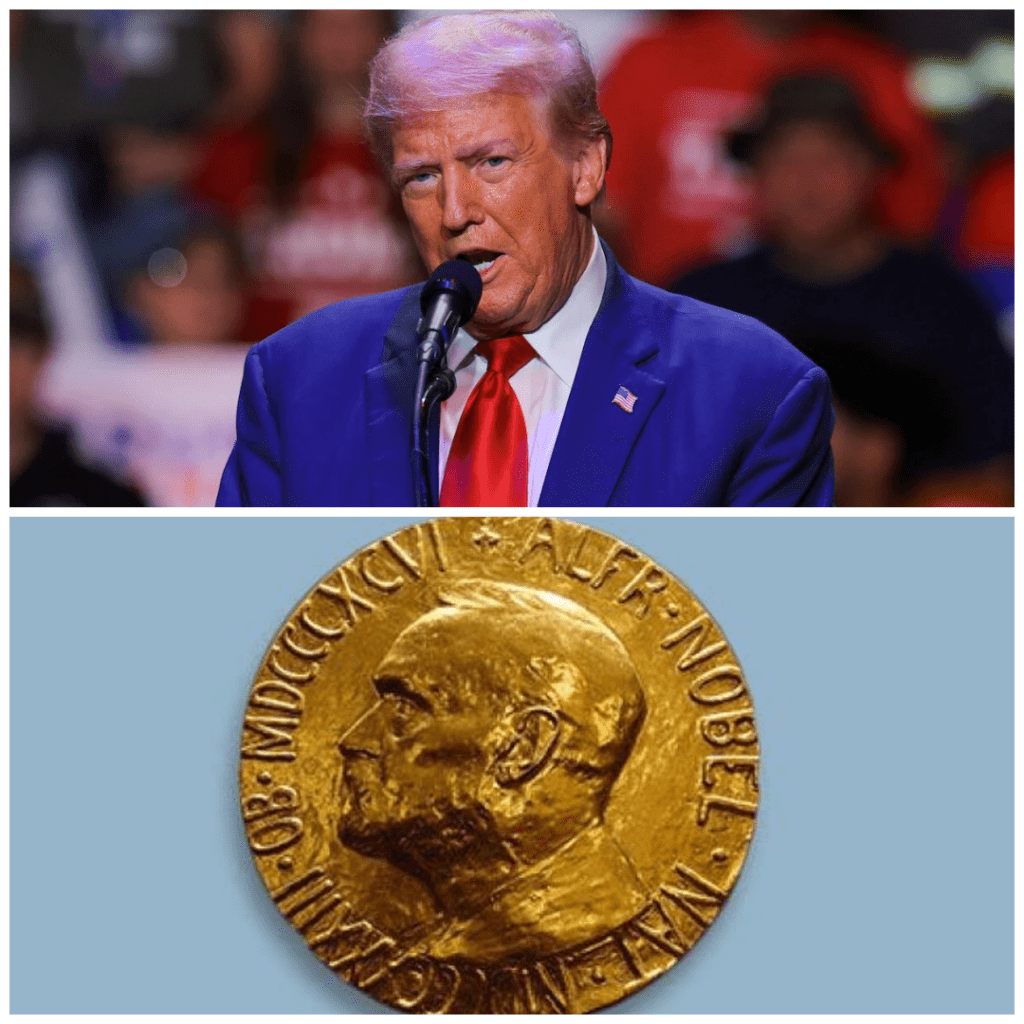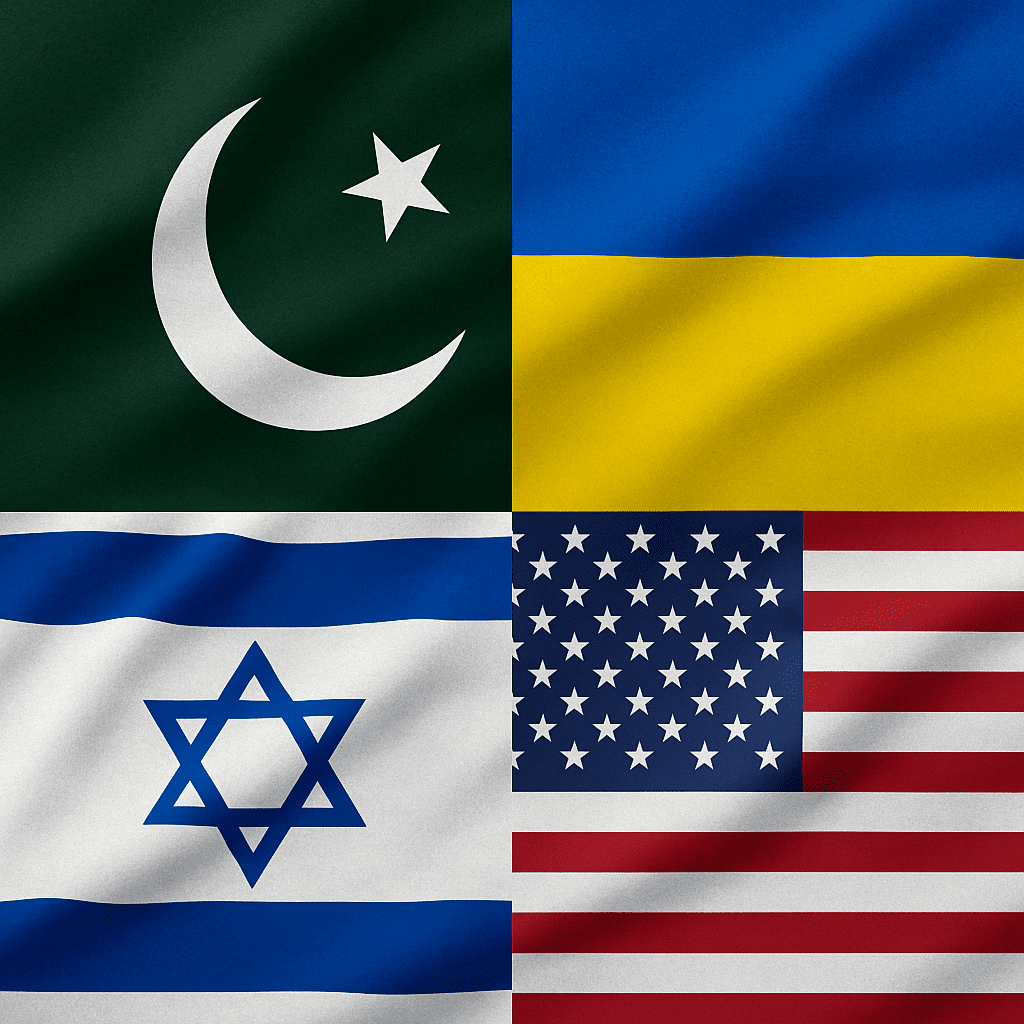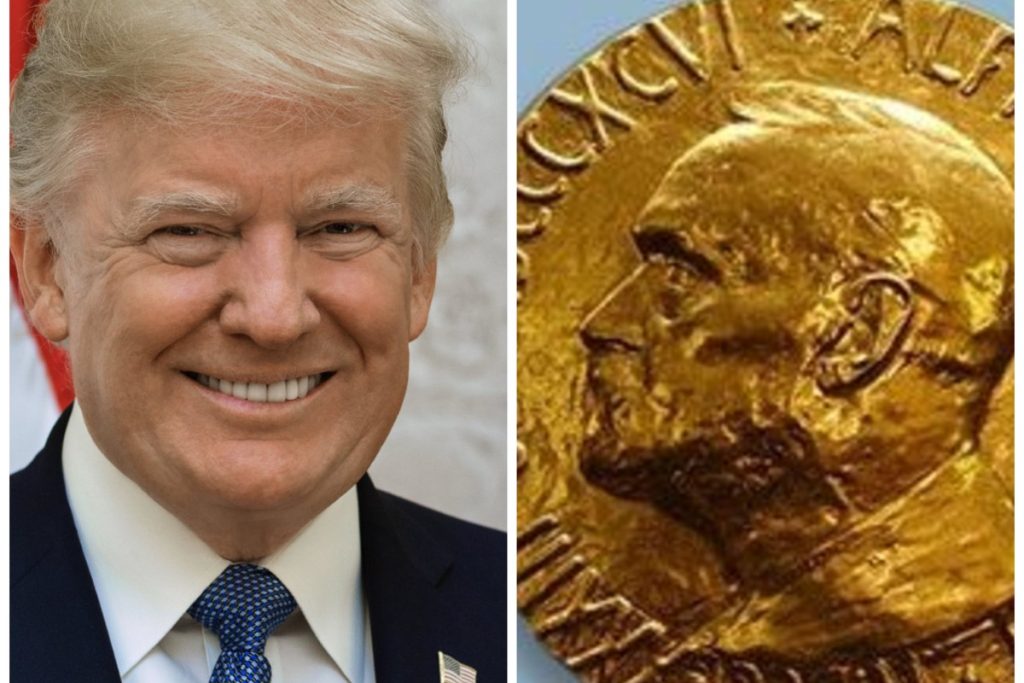Donald Trump Nominated for Nobel Peace Prize Over Iran–Israel Ceasefire—What It Really Means

When you hear that Donald Trump has been nominated for the Nobel Peace Prize, it feels like something straight out of a movie. The moment headlines hit, you might picture Oslo, a big gold medal, and a sudden fame boost. But the truth is much more layered—and way more interesting if you look closer.
Here’s what really happened: Representative Buddy Carter of Georgia sent a letter nominating Trump for brokering a ceasefire between Israel and Iran after 12 days of tit-for-tat strikes. He called it “extraordinary and historic,” exactly the kind of thing the Nobel Prize is meant to reward. That same push got support from Pakistan, which praised Trump’s role in calming tensions, even offering its own Nobel endorsement.
If you step back, it feels like applause all around. But in the same breath, two major endorsers pulled their backing. Pakistan withdrew after the U.S. launched strikes on Iranian nuclear sites—worrying it violated international law, while Ukraine’s Oleksandr Merezhko retracted his previous nomination, criticizing Trump for neglecting the Ukraine–Russia war. Suddenly, this looked less like a wave of global support and more like a political ping-pong match.
Let’s break it down simply. Nominations for the Nobel Peace Prize are common—any eligible academic, politician, or former laureate can send in a name. Each year there are hundreds. Few make the shortlist, and only one person wins in October. So, yes, being nominated matters—but not as much as it might seem.
What’s surprising is how this nomination feels both impressive and fragile at once. On one hand, Trump took credit for ending a dangerous regional flare-up and won praise from his supporters. On the other hand, intelligence assessments showed U.S. strikes on Iranian facilities only delayed their nuclear program by months, not destroyed it. And those strikes sparked backlash—especially from international voices like Pakistan’s government.
It tells us something vital about how politics works: symbolism moves fast. But deep, sustained change—or peace—takes more time. Trump’s nomination highlights a moment of pause in a volatile region, backed by some powerful voices. But it also revealed how easily support can unravel when the next headline hits.
Winning the Nobel would be historic, sure. But for now, it’s mostly a headline: “Trump nominated.” Whether that becomes “Trump shortlisted” or “Trump winner” depends on quieter, slower decisions in a Norwegian committee.
More Than a Title, Less Than a Prize

When you dig deeper, you find two truths at play. First, this nomination shines light on Trump’s influence in stopping—briefly—something that could have spiraled into a bigger war. For months, markets reacted positively. Turkey, European capitals, even some U.S. diplomats saw hope.
But the second truth is harder to ignore. That ceasefire felt like a fragile pause, not a lasting agreement. Both Israel and Iran accused each other of violating terms within hours. U.S. officials later admitted the strikes on nuclear sites may have only delayed progress by a few months. And when global governments like Pakistan publically called out those same strikes, it showed how unpredictable international response can be.
That mix of cheering and backlash is what makes this nomination unique. It’s not a clear-cut “hero of peace” moment. It’s more like a snapshot of a troubled region—frozen for a moment by diplomacy—and how leaders scramble to claim credit, only to face criticism a second later.
So what now? The Nobel Committee will review hundreds of nominations. It will shortlist a select few in September, and then announce a winner in October. Trump’s nomination is live—but it’s not guaranteed to win. And even if he doesn’t, the spotlight stays on that rare moment when a U.S. president paused a potential regional eruption, even if just for days.
In the end, this story isn’t about medals or fame. It’s about the messy, unpredictable nature of peace. It shows how moments can feel big—and how quickly they can slip away. The Nobel nod is a headline, sure. But real peace? That’s the hard part, and it doesn’t fit into one nomination letter.


